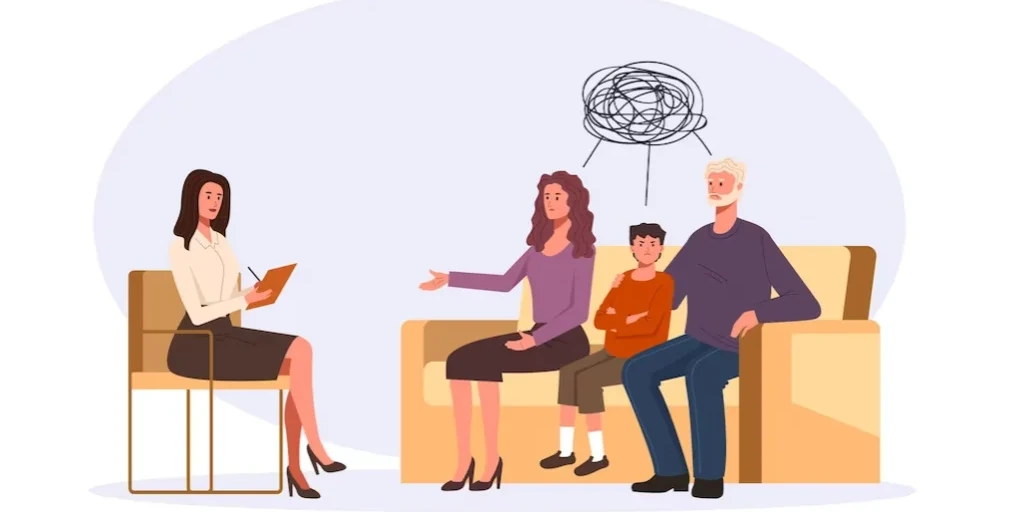24/7 Helpline:
(866) 899-221924/7 Helpline:
(866) 899-2219
Learn more about Medication-assisted Treatment centers in Sylvania
Medication-assisted Treatment in Other Cities

Other Insurance Options

WellPoint

ComPsych

Medical Mutual of Ohio

Carleon

Meritain

GEHA

Highmark

Access to Recovery (ATR) Voucher
Beacon

MHNNet Behavioral Health

Absolute Total Care

Self-pay options

UMR

Health Choice

Lucent

Choice Care Network

Anthem

BHS | Behavioral Health Systems

Private insurance

Ceridian






























































